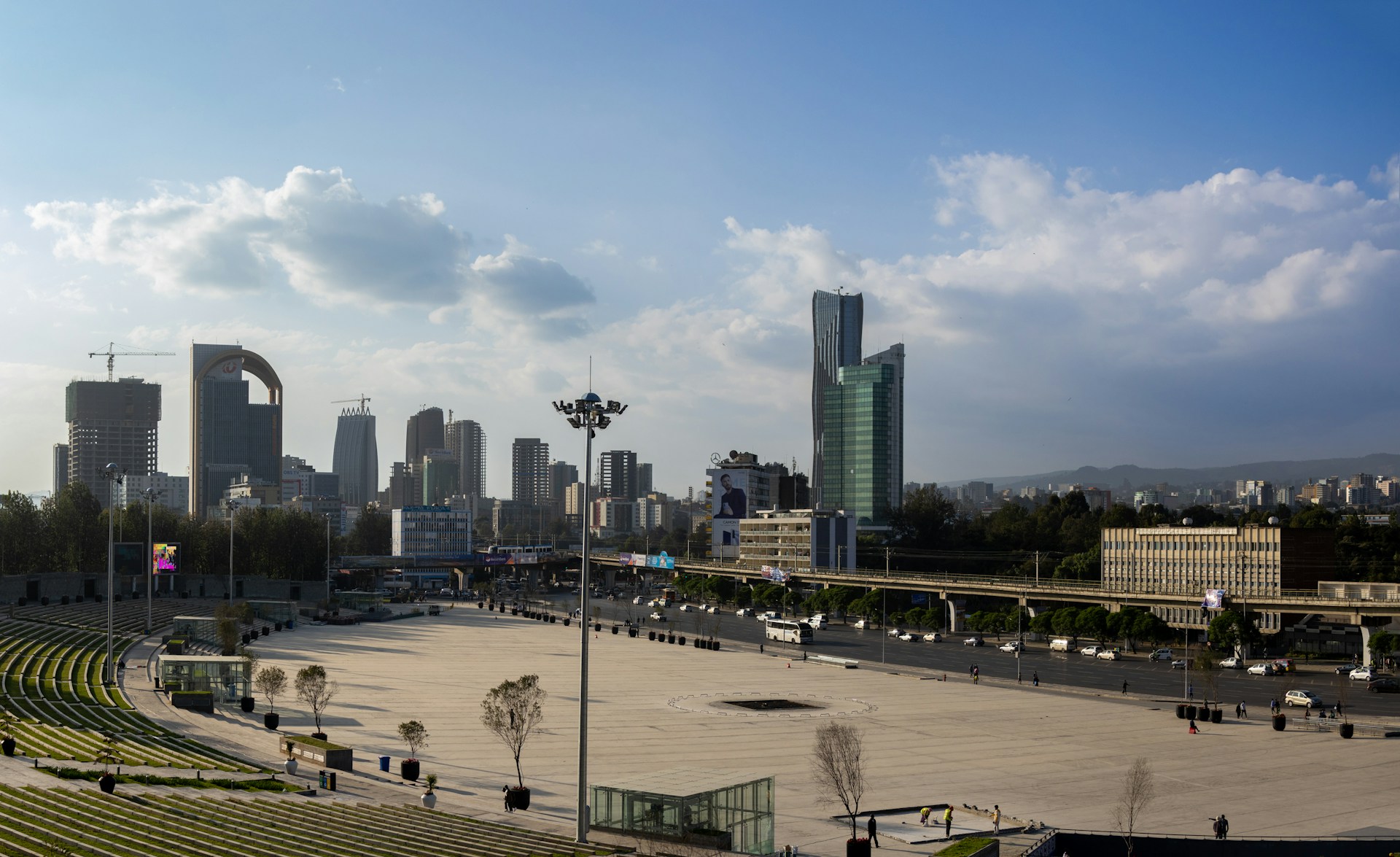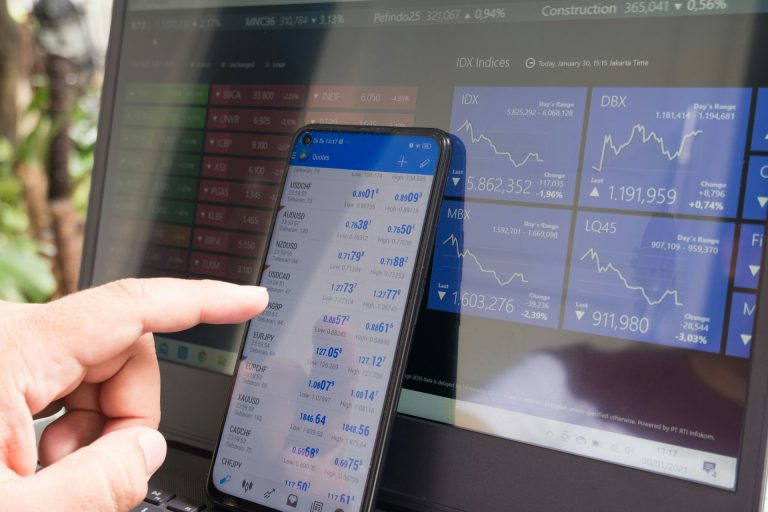- Ethiopia projected to grow 7.2% in 2025 despite global headwinds
- IMF urges fiscal discipline and structural reforms to sustain momentum
ADDIS ABABA, ETHIOPIA – Ethiopia is set to remain one of Africa’s fastest-growing economies in 2025, according to the International Monetary Fund’s latest Regional Economic Outlook for Sub-Saharan Africa.
Ethiopia’s economy is projected to expand by 7.2% next year, outpacing the region’s average growth forecast of 4.1%, the IMF said this week on the sidelines of the IMF–World Bank Annual Meetings. The report credits Ethiopia’s performance to an agricultural rebound, infrastructure investment, and gradual macroeconomic reform.
Abebe Aemro Selassie, Director of the IMF’s African Department, praised Ethiopia’s resilience alongside Rwanda, Uganda and Côte d’Ivoire.
“Ethiopia has managed to sustain growth through one of the most challenging global environments in decades,” Selassie said. “What’s needed now is continued commitment to fiscal consolidation, debt transparency, and structural reform to ensure this growth translates into durable development.”
Fiscal pressures and reform needs
The IMF warned that rising debt-servicing costs, high inflation and declining donor inflows continue to strain fiscal space across many African economies. “Roughly one-fifth of the region’s countries still have double-digit inflation, while foreign reserves remain under pressure, limiting import capacity and monetary policy flexibility,” the report said.
Since 2020, the Fund has extended around $69 billion in financial support to Sub-Saharan Africa – including $4 billion in 2025 alone – to help stabilise economies and address liquidity shortfalls. Ethiopia has been one of the region’s key beneficiaries, receiving a $3.4 billion Extended Credit Facility (ECF) and $579 million in Special Drawing Rights (SDR) allocations.
The IMF noted that Ethiopia continues to engage with the Fund on debt restructuring and macroeconomic reforms, part of its broader effort to restore confidence among international lenders and development partners.
Balancing growth with reform
Experts say Ethiopia’s growth story, though impressive, masks deeper structural challenges.
“Growth in Ethiopia remains robust, but it’s uneven,” said a source familiar with the country’s economic policy discussions, speaking on condition of anonymity. “The private sector still faces foreign exchange shortages and high borrowing costs. Without deeper reforms in trade and financial markets, sustaining this momentum will be difficult.”
The IMF recommends that African governments strengthen domestic revenue mobilisation through modernised, digital tax systems and improve public debt transparency to attract investors and rebuild market confidence.
Analysts say the Fund’s upbeat outlook could bolster investor sentiment toward Ethiopia, particularly as the government pursues renewed engagement with creditors and pushes to expand manufacturing, agribusiness and renewable energy.
While challenges persist, the IMF’s message is clear: Ethiopia’s reform path and policy discipline will determine whether its current growth surge becomes a sustainable model for the rest of the continent.











